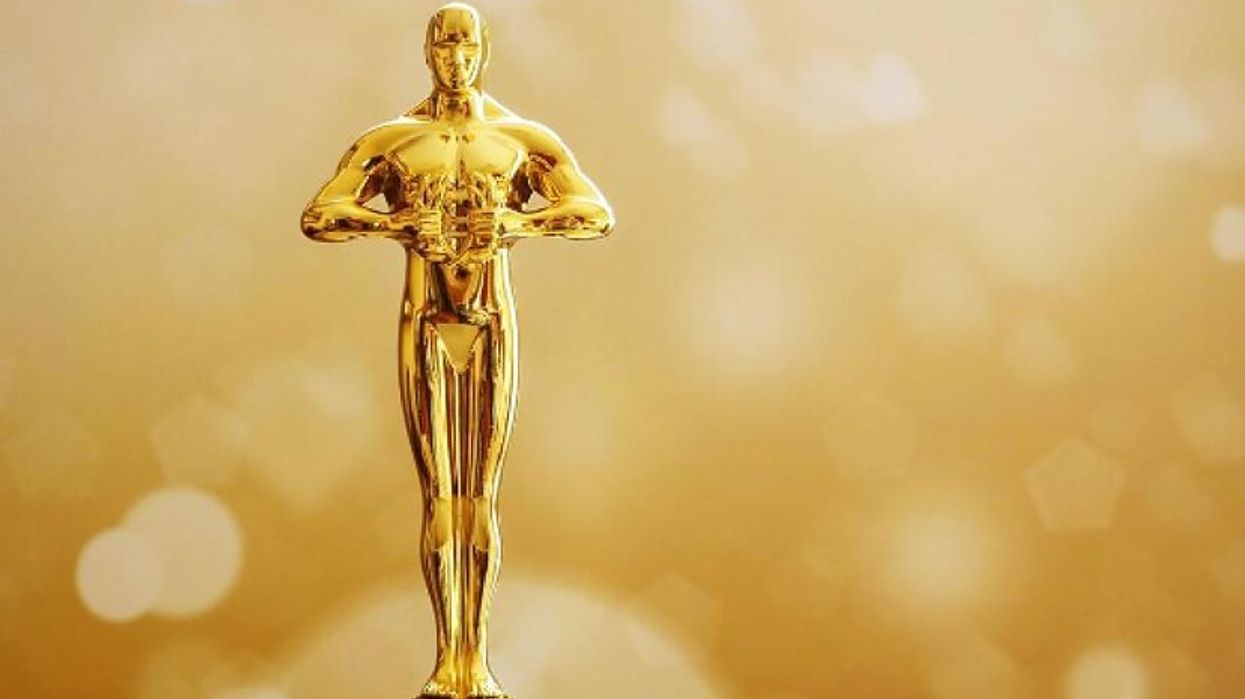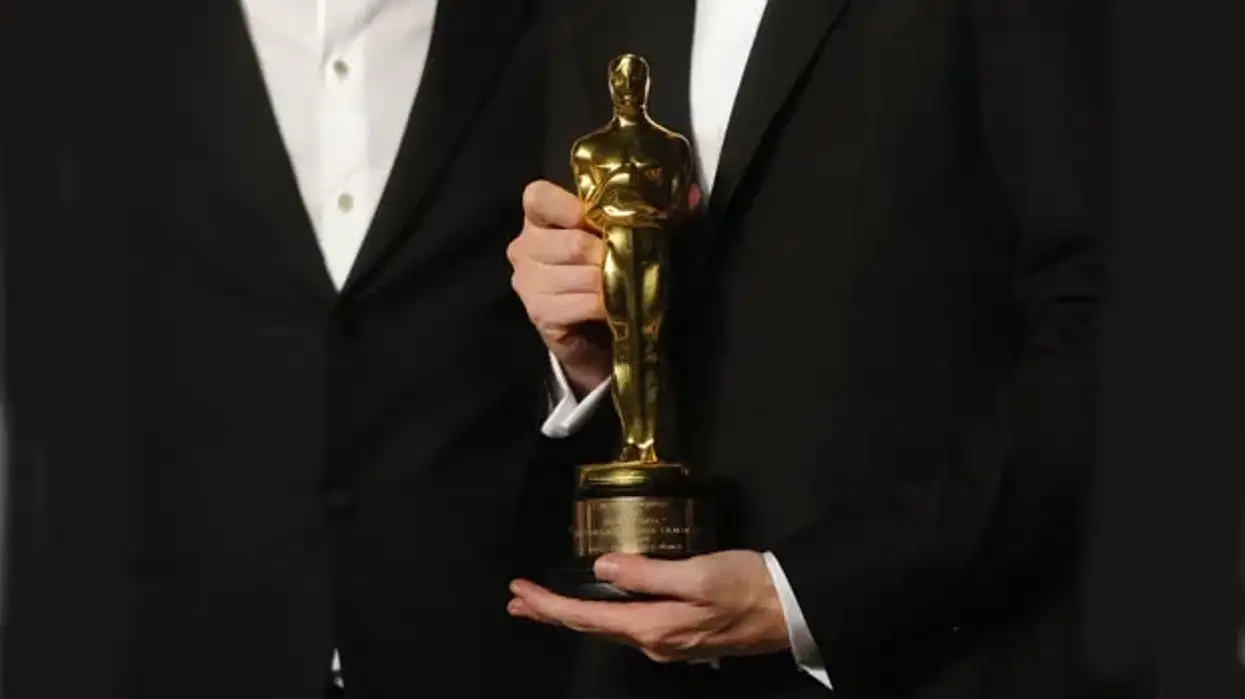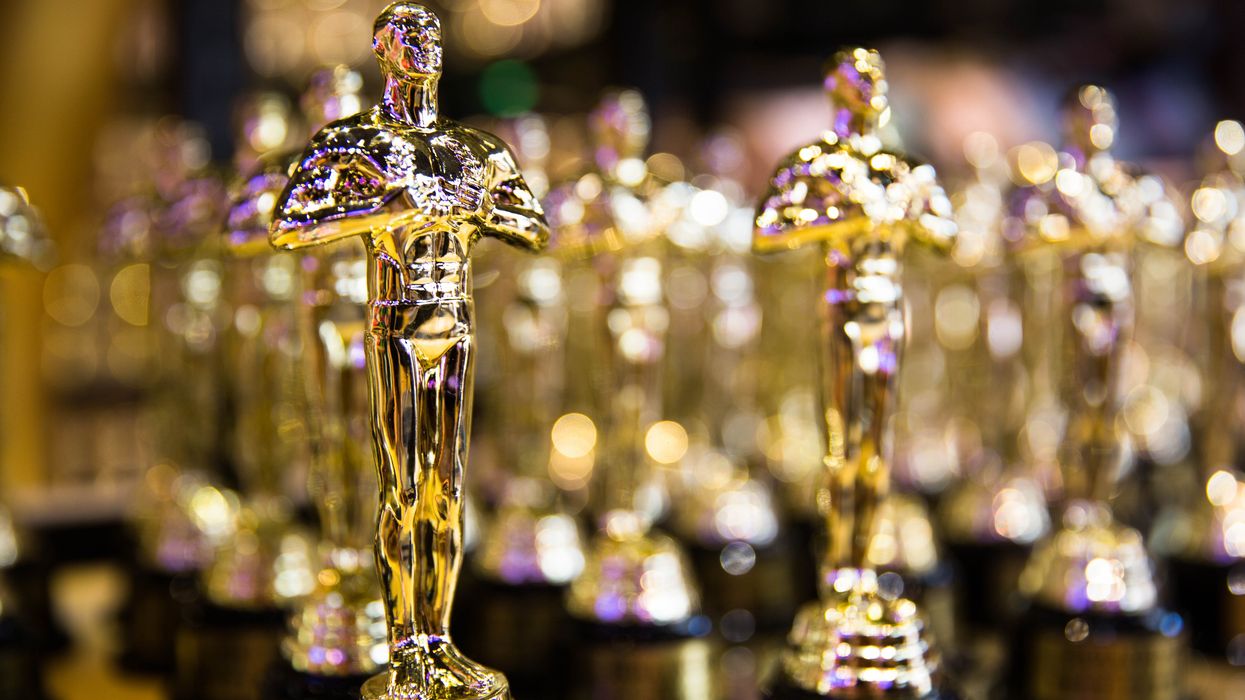The Oscars have opened the door to films made with the help of artificial intelligence. In a move that aligns with the changing times in the film industry, the Academy of Motion Picture Arts and Sciences confirmed that movies using AI tools can still qualify for top awards, but there’s a catch.
According to new rules released this week, the use of AI won’t automatically boost or reduce a film’s chance of earning a nomination. What matters most, the Academy said, is the extent of human creativity involved in the process. The message is clear: technology can assist, but it can’t replace the heart of a story, the people who tell it.
The announcement follows growing discussion around how AI is being used in cinema. At this year’s Oscars, The Brutalist made headlines when it was revealed that AI had been used to fine-tune actor Adrien Brody’s Hungarian accent. Brody won Best Actor for the role. Similarly, Emilia Pérez, which helped Zoe Saldaña win Best Supporting Actress, used voice-enhancing software for its musical performances.

These examples show how AI is being quietly used behind the scenes, not to write full scripts or generate characters from scratch, but to polish performances in subtle ways. While some in the industry see this as a helpful tool, others worry it could threaten jobs or artistic control.
Concerns over AI were front and centre during the 2023 Hollywood strikes. Writers and actors pushed back against the growing use of generative tools that could mimic voices, faces or even write full scenes. Actress Susan Sarandon warned of the dangers of being digitally manipulated without consent. And screenwriters feared studios would turn to software like ChatGPT for scripts and ideas to cut costs.

As part of the agreements that ended the strikes, new guardrails were put in place to limit how AI can be used in creative work. Even so, the debate continues. Some, like animator Jonathan Kendrick, believe AI still lacks the emotional depth to craft stories that truly resonate. “It’s like asking a robot to write poetry,” he said. “You might get the structure, but not the soul.”
For now, the Oscars are acknowledging the reality of a changing industry but making it clear that recognition still belongs to the humans behind the magic.





